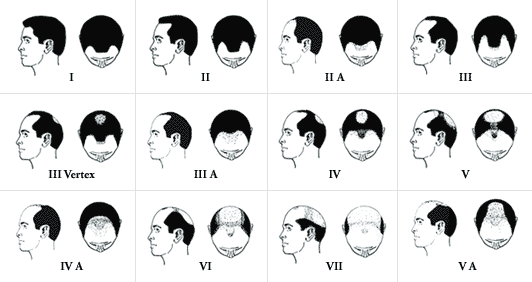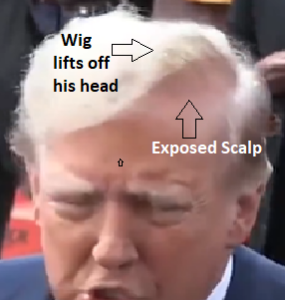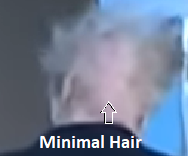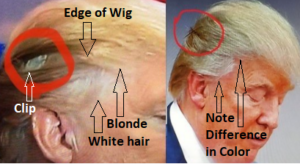Dr.Rassman, this question may sound ridiculous and from looking at your replies to many questions on this blog it seems you are a very modest person. My question is, would you say you are the best hair transplant surgeon in the world. you have the most extensive collection of before and after photos which i must say have not failed to impress. also i have looked on hundreds of other sites and they dont have even half the amount of photos you have., or (evidence) as i say. John lennon once said ‘we are the greatest band in the world and the greatest songwriters, we have had more number ones than any other artist’, what i think he is saying isnt arrogant he is simply saying that they have more number ones than any other act. as you have the best results and more results than any one else would you say for arguments sake you are at least one of the best hair transplant surgeons.
I don’t mean to toot my own horn, but the International Society of Hair Restoration Surgery (ISHRS) awarded me with the 2004 Golden Follicle Award, which reflects what the doctors around the world may think about me. Only about 14 physicians have ever received this award in the history of the society. Our hair transplant organization has outpatient surgery facilities which are certified by the Accreditation Association for Ambulatory Health Care (AAAHC), which is a national accrediting agency for outpatient surgery facilities and holds these facilities accountable to a known standard of care. In the field of hair transplantation, there is no requirement to build a certified facility, but I have been adhering to this standard for the past 10 years and every three years or so, we get a physician reviewer who comes in to judge the standard of care, the outcome of our work, the infection incidence, the accident status, and the things that go wrong. If we have not met some minimum standard, we do not get the accreditation. Few hair transplant centers in the United States undergo this process, because it is a difficult standard to meet and the cost to adhere to their requirements on quality cost us well over $100,000/year. Even with this high cost, the comments of the reviewers guarantees that we are constantly observed and criticized to help us improve our quality of care. I generally tell those patients who are considering us to be their doctors, to check out any doctor that they are considering for such national certification. Our facility and our standards are the best and it is backed up by the accreditation of the AAAHC. What I’m getting at is that we strive for the best, and if people see us as the best, then we’re doing our jobs.
I thank you for your direct question, but although I like a pat on the back as much as the next guy, what I see, read, and hear from patients at our monthly Open House events (which we have been holding for over 15 years) says it all for me. I love the people side of this field… the doctor/patient interaction from the patients I meet. The diversity of my patients is what stimulates me to work, to listen, and to help them, and that is what makes me what I am, whatever it is.
A question about hairlines.





